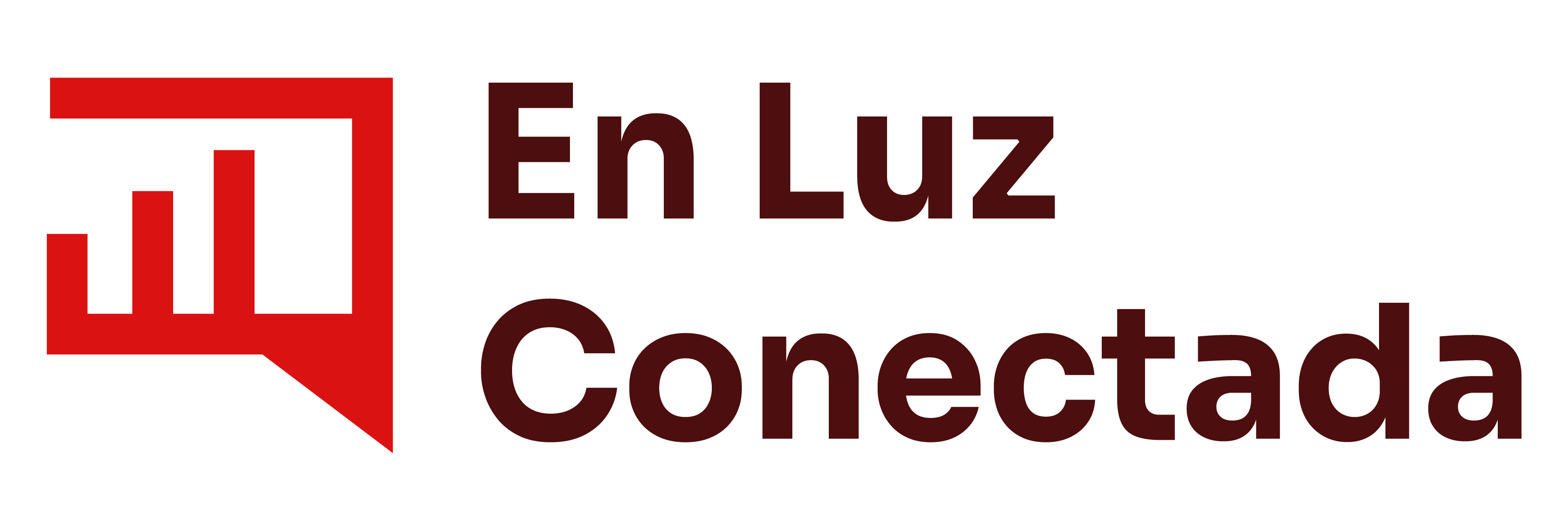Living with a disability often presents unique challenges and opportunities for individuals seeking to fully participate in society. In today’s digital age, awareness and understanding of disabilities are crucial for fostering inclusive environments. This post explores the various facets of living with a disability, shedding light on the importance of accessibility and representation.
As awareness grows, so does the need for comprehensive solutions that empower those with disabilities to lead fulfilling lives. From adaptive technologies to inclusive policies, there’s a continuous evolution in how society accommodates and supports diverse needs. By focusing on these advancements, we can bridge gaps and promote equality.
Moreover, understanding the diverse experiences of individuals with disabilities helps in dismantling stereotypes and misconceptions. Through personal stories and expert insights, this post aims to inspire actionable change and increase empathy. Join us as we delve into the broader implications and everyday realities of living with a disability in our contemporary world.
The Importance of Accessibility
Accessibility is essential for ensuring that individuals with disabilities have the same opportunities as everyone else. It involves creating environments and experiences that are usable for all people, regardless of their abilities. This can include everything from ramps and elevators in buildings to screen readers and captions in digital content.
Despite the progress in accessibility, there are still significant barriers that prevent full participation. Many public spaces and digital platforms fail to meet accessibility standards, which can hinder the independence of individuals with disabilities. To tackle this issue, awareness campaigns and stricter enforcement of accessibility laws are crucial.
Moreover, accessibility is not just about physical structures but also about attitudes and mindsets. By fostering a culture of inclusivity, society can ensure that everyone, regardless of ability, feels valued and respected. This approach not only benefits those with disabilities but enriches the community as a whole.
Representation Matters
Representation of individuals with disabilities in media, politics, and entertainment is vital for promoting a more inclusive society. When people see themselves reflected in various facets of public life, it can boost self-esteem and challenge prevailing stereotypes. This visibility helps to normalize disability as a natural part of human diversity.
Unfortunately, many media portrayals of disabilities are limited or stereotypical. Positive and accurate representation is necessary to showcase the diverse talents and contributions of people with disabilities. By highlighting success stories and achievements, society can challenge misconceptions and build greater empathy.
Efforts to improve representation should involve collaborative initiatives between media outlets and disability advocates. Through these partnerships, the perspectives and stories of individuals with disabilities can be authentically shared with wider audiences, leading to greater understanding and acceptance.
Adaptive Technologies
Adaptive technologies have revolutionized the lives of many individuals with disabilities. These innovations range from screen readers and voice-activated devices to sophisticated prosthetics and mobility aids. Such technologies enable people with disabilities to communicate, work, and complete daily activities more independently.
As technology continues to advance, new adaptive solutions are becoming available to a wider range of people. However, the cost and accessibility of these technologies remain a significant barrier for many. Ensuring affordability and widespread access should be a priority for developers and policymakers alike.
The development of adaptive technologies relies heavily on the input and involvement of individuals with disabilities. By engaging those who benefit directly from these innovations, designers can create tools that truly address their needs and improve their quality of life.
Inclusive Policies
Inclusive policies play a crucial role in creating environments that accommodate and support individuals with disabilities. These policies often cover areas such as employment, education, and healthcare, aiming to ensure equal opportunities and access for all.
While many countries have made strides in implementing inclusive policies, enforcement and awareness remain challenges. For policies to be effective, they must be backed by strong legal frameworks and supported by public education initiatives that raise awareness about the rights of people with disabilities.
Moreover, ongoing dialogue between policymakers and disability advocates is essential. By incorporating the lived experiences of individuals with disabilities into policy development, governments can create more effective and impactful solutions that foster genuine inclusion.
Breaking Down Stereotypes
Dismantling stereotypes about disabilities is an ongoing process that requires education and open-mindedness. Stereotypes often stem from a lack of understanding and exposure to the diverse experiences of individuals with disabilities.
Education and awareness campaigns can play a pivotal role in challenging these misconceptions. By promoting positive narratives and sharing real-life stories, society can begin to see beyond the disability and recognize individuals for their abilities and contributions.
Additionally, fostering environments where open dialogue is encouraged can help break down barriers. By listening to the voices of individuals with disabilities, we can gain a broader perspective and work towards creating a more inclusive society.
Conclusion
In conclusion, navigating the world with a disability requires a collective effort to prioritize accessibility, representation, and inclusive policies. As society continues to advance, the focus should remain on empowering individuals with disabilities through adaptive technologies and breaking down stereotypes that hinder understanding.
By doing so, we encourage empathy, equal opportunities, and a more inclusive world for everyone. The journey towards full inclusion is continuous, but with commitment and collaboration, significant progress is within reach.





